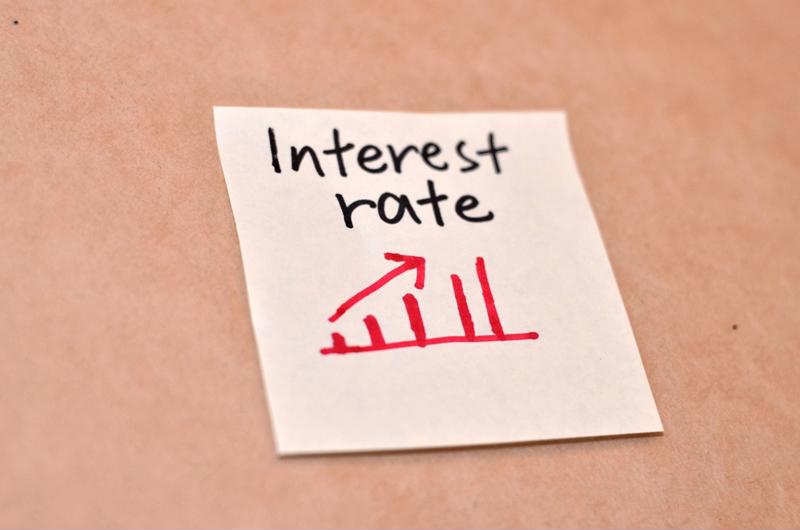
How rising interest rates can affect your business
August 8, 2023 12:54 pm Leave your thoughts
For any business, profitability is a major key performance indicator (KPI) for how the company is doing financially. However, interest rates can play a significant role in how much cash flow is accrued in a given quarter — a fact often overlooked that can have consequences if not factored into projections.
Let's take a look at how interest rates can affect your business and what you can do about it in the future.
What is an interest rate?
We know that an interest rate can determine whether a loan is worth taking, but what is it? An interest rate is how much a lender will charge the borrower for loaning them money. It's calculated based on a percentage of the principal loan, or the base amount borrowed. The interest rate on such a transaction is called an annual percentage rate (APR).
When a banker opens a savings account or a certificate of deposit, they may accrue what is known as an annual percentage yield which is the interest earned on the deposit amounts.
How high-interest rates negatively affect business
If you own and operate a small company, you may have begun your company with loans from the bank or other investors. Nearly every small business has outstanding loans, and when interest rates spike, securing loans can be more difficult and expensive.
High-interest rates indicate the cost of money to your corporation, or how much it takes to pay off borrowing a certain amount of cash. When rates rise, paying off the principal and interest amounts will take longer than initially anticipated, and you'll pay more money over time.
What's more, even short-term loans will be harder to secure when you need them in an emergency or after an unexpected expense comes up that you don't have enough cash to cover.
And, if you're counting on customers to help offset interest costs and expenses, you may have to rethink your strategy. Consumer spending on large luxury items, such as cars and homes, is typically lower if interest rates are high. Their investments are being put elsewhere or to offset their existing debts.

Positive effects of high-interest rates
Some sectors within the stock market are more sensitive to changes in interest rates than others. Short- and mid-term bonds, for example, are more likely to succeed when inflation and interest rates rise.
For the most part, when the economy is improving, and consumers are spending more money, interest rates naturally climb to reflect this economic growth to help ensure corporations are profiting more from the boom.
When a business has a positive cash flow, it can use the surplus capital from higher interest rates to buy more secure assets and investments that will yield higher returns. This way, the business can continue to grow and maintain liquidity along the way.
Staying afloat during economic uncertainty
The trick is planning more for economic turmoil long before any hint of such an event may occur. Financial flexibility can ensure positive cash flow no matter what is happening in the market. This means returning to the basics of investing — maintaining investment diversity to capitalize on different opportunities for higher returns.
But, which industries should you invest in? Some markets are more sensitive to changes in interest rates than others, financial institutions being the ones with the highest reaction to interest fluctuations. Rising rates for these organizations indicate a strong economy, meaning that borrowers are more likely to ask for loans, resulting in profitability for the bank.
Beyond financial institutions, goods and services including entertainment and leisure activities can also see a bump — especially for middle- to high-income earners. Santander U.S. conducted a Paths to Prosperity survey that revealed that middle-income households feel positive about their ability to reach financial goals.
Confidence in the banking sector is strong because this income bracket doesn't feel impacted by the banking crises that erupted in 2023, and their spending behavior has remained about the same. Prosperity is identified as the ability to pay for all living expenses, save for emergencies and still enjoy leisurely items without compromising anything. Per the Santander U.S. survey, 79% of individuals expect to reach financial independence in the next 10 years.
As a business owner, ensuring your investments are aligned and diverse enough to withstand economic ups and downs could mean long-term prosperity and resilience.
To learn new and essential entrepreneurial skills, reach out to the Law Offices of Donald W. Hudspeth, P.C.
Categorised in: Starting a Business in Arizona
This post was written by





